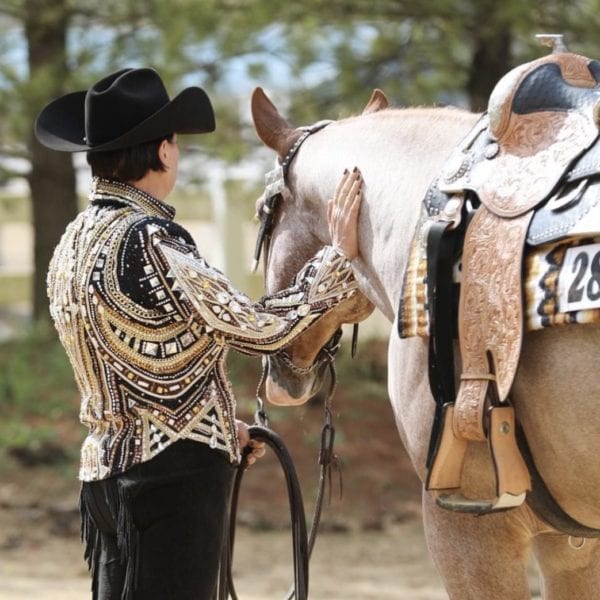From our first time saddling a horse to our first big win, our horse trainers are there to give instructions and guidance. Ultimately, the objective of our trainers is to help us achieve our goals. They are the means to the ends we are working toward because they know how to get there. However, the trainers also need help from their clients for everyone to reach their highest potential.
Apart from paying our bills on time, many other things can separate an average client from a great one. Most of the time, clients grow close with their trainers, as horses are our passion and it is their job to keep them show ready. Since a healthy trainer/client relationship is essential, there are always things we can do to improve the relationship. We asked several trainers in the industry about tips that would be helpful for clients to know to develop their relationship.
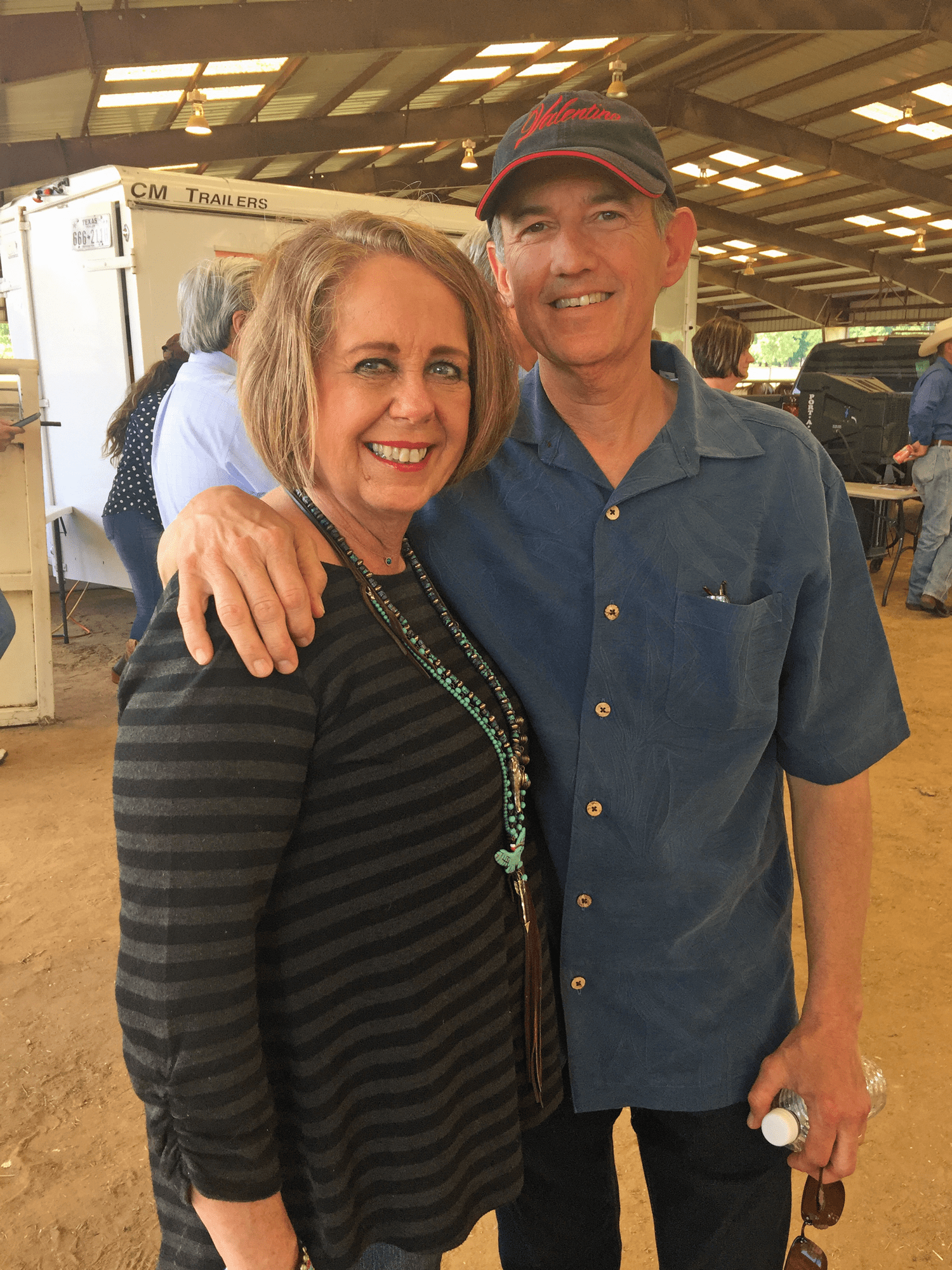 Kathy Smallwood – While I have had some great clients over the years, I do have a few suggestions to help make it a fun and rewarding experience.
Kathy Smallwood – While I have had some great clients over the years, I do have a few suggestions to help make it a fun and rewarding experience.
1. Pick a trainer you believe in and let them guide you professionally. Trainers appreciate your input, but it’s great when you can work together on issues and plans.
2. Always give a heads up when coming to see your horse – it’s good to respect their work schedules and personal lives.
3. Try not to take critiquing personally; your trainer is only trying to improve your possibilities of winning.
4. Remember to pay your bill timely, since it can be challenging to cash flow an operation that is cash intense. It will be much appreciated.
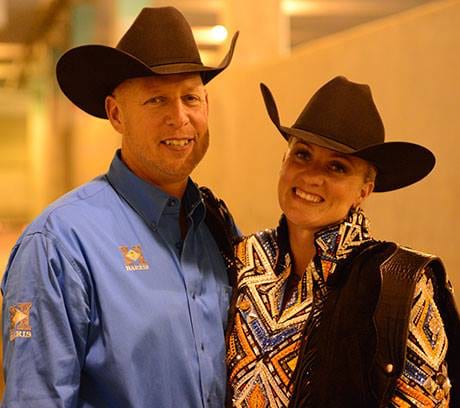 Katy Jo Zuidema – If you buy a horse without us, we’re not obligated to kill ourselves to make it work nor bend over backward to bail you out. But if you buy one with us, we will ultimately own the decision and do whatever we can to bail you out. Communicate with us first. We are your horse trainers; it’s our job to outwork you and cater to you. However, we are not required to go out to dinner with you every night. Nor are we expected to take you to dinner with our trainer friends and us. So please don’t get your feelings hurt. We do this to make money. It’s how we feed our families and pay our mortgage. Please don’t get bitter about your bill or that we make money. There’s very little profit as it is. All clients who pitch in with evening chores and/or ensure that the cooler is stocked with ice will for sure receive special treatment.
Katy Jo Zuidema – If you buy a horse without us, we’re not obligated to kill ourselves to make it work nor bend over backward to bail you out. But if you buy one with us, we will ultimately own the decision and do whatever we can to bail you out. Communicate with us first. We are your horse trainers; it’s our job to outwork you and cater to you. However, we are not required to go out to dinner with you every night. Nor are we expected to take you to dinner with our trainer friends and us. So please don’t get your feelings hurt. We do this to make money. It’s how we feed our families and pay our mortgage. Please don’t get bitter about your bill or that we make money. There’s very little profit as it is. All clients who pitch in with evening chores and/or ensure that the cooler is stocked with ice will for sure receive special treatment.
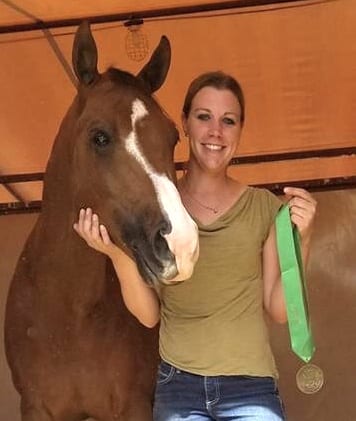 Torey Roderick– With all the different types of technology we have at our fingertips, it provides various means of communication. I always tell people if it’s important, call. That being said, if a client has a question about scheduling or horse shows or something that isn’t exactly urgent, sometimes email or even a Facebook message is the way to go. An email doesn’t interrupt the trainer’s day, and they can answer it at the end of the day or during a break, etc. It’s hard to disconnect sometimes and even responding to text messages can consume a more substantial part of the day than one might realize. Consider your level of urgency, time of day, etc. before choosing your method of communication.
Torey Roderick– With all the different types of technology we have at our fingertips, it provides various means of communication. I always tell people if it’s important, call. That being said, if a client has a question about scheduling or horse shows or something that isn’t exactly urgent, sometimes email or even a Facebook message is the way to go. An email doesn’t interrupt the trainer’s day, and they can answer it at the end of the day or during a break, etc. It’s hard to disconnect sometimes and even responding to text messages can consume a more substantial part of the day than one might realize. Consider your level of urgency, time of day, etc. before choosing your method of communication.
 Leonard Berryhill – I can only speak from our own experience, but after decades in this industry, we have encountered about every style of customer you could imagine. I’m sure this is true of all my fellow trainers. The best client is the one who pays their bill promptly – that is number one in maintaining a good relationship. The good client understands that the invoice they have received from us in most cases is our sole means of supporting our families. The slower the payment of the bill, the more strained the relationship becomes. The superb customer is the one who takes a personal interest not only in the progress of their horse but takes an interest in the trainers as well. They understand how hard this way of life can be at times. Probably the most significant thing our best clients do for us is help at the shows, unloading, and loading, entering and so on.
Leonard Berryhill – I can only speak from our own experience, but after decades in this industry, we have encountered about every style of customer you could imagine. I’m sure this is true of all my fellow trainers. The best client is the one who pays their bill promptly – that is number one in maintaining a good relationship. The good client understands that the invoice they have received from us in most cases is our sole means of supporting our families. The slower the payment of the bill, the more strained the relationship becomes. The superb customer is the one who takes a personal interest not only in the progress of their horse but takes an interest in the trainers as well. They understand how hard this way of life can be at times. Probably the most significant thing our best clients do for us is help at the shows, unloading, and loading, entering and so on.
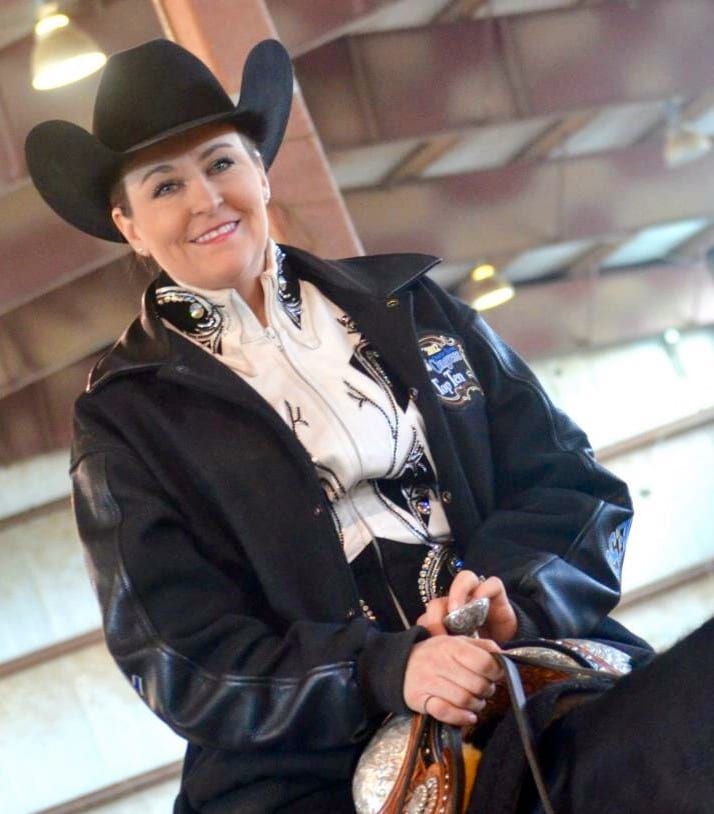 Melissa Henry-Shetler – Here are some qualities that I consider valuable as a client:
Melissa Henry-Shetler – Here are some qualities that I consider valuable as a client:
They respect what I do.
They communicate effectively.
They see our relationship as a partnership.
They speak highly of me and do not get caught up in drama in the barn.
They pay on time.
Their expectations are realistic.
They provide feedback and helpful suggestions.
They don’t always undermine my expertise by questioning decisions.
They don’t expect me to work for free.
They say “thank you.”
That being said, I will say that over the years, I have been blessed with some amazing clients that have all of these qualities. From time-to-time, I do get some that may lack some of these things or don’t think to express them. But for the most part, I have kept some fantastic and loyal clients year-after-year. That is how I’ve been able to become the trainer I want to be.
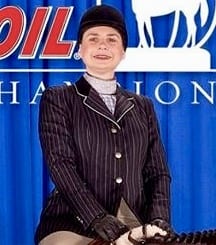 Stephanie McAlexander – There are so many little things that help make our job less stressful and more rewarding, such as assisting with the everyday tasks at the show and home. Cleaning up after yourself and your horse is a huge help to keep things flowing smoothly. Another one is punctuality. Being ready for your schooling time and lessons help reduce stress for us. Hours are long at shows and home. Keeping a schedule allows us to prepare each horse and rider to their potential. I’ve been blessed to have some outstanding clients throughout my career.
Stephanie McAlexander – There are so many little things that help make our job less stressful and more rewarding, such as assisting with the everyday tasks at the show and home. Cleaning up after yourself and your horse is a huge help to keep things flowing smoothly. Another one is punctuality. Being ready for your schooling time and lessons help reduce stress for us. Hours are long at shows and home. Keeping a schedule allows us to prepare each horse and rider to their potential. I’ve been blessed to have some outstanding clients throughout my career.
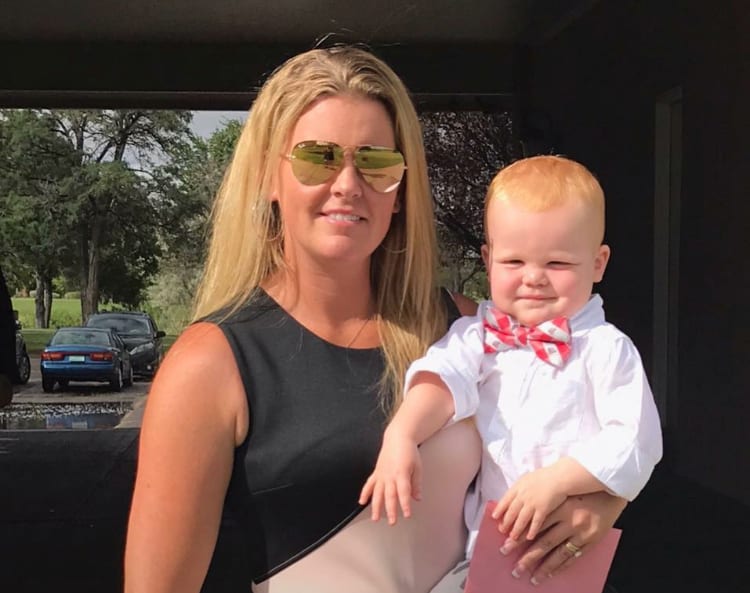 Darla Lee – I think the primary concern for trainers these days is planning. I think a way for customers to help trainers is to make plans as early as possible. We have to send stall checks for horse shows several months in advance. It is most helpful to us when we can plan soon and get money collected for stalls.
Darla Lee – I think the primary concern for trainers these days is planning. I think a way for customers to help trainers is to make plans as early as possible. We have to send stall checks for horse shows several months in advance. It is most helpful to us when we can plan soon and get money collected for stalls.
Another thing I always appreciate from my customers is when they understand if we need days off. We all need days off. We often work on the weekends, so sometimes we need personal time during the week to be able to catch up.
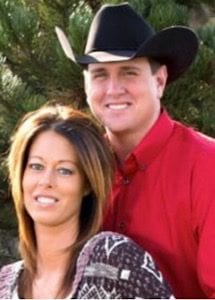 Adrienne Dickerson– As far as client reminders, we utilize Facebook a lot. I have a business page created only for show purposes. I’ll keep a running calendar of what shows we are attending with any additional information on it such as stall prices or deadlines. The page is helpful because you have to be an approved member by me – it’s a private page. Also, of course, text messaging is something I use very frequently.
Adrienne Dickerson– As far as client reminders, we utilize Facebook a lot. I have a business page created only for show purposes. I’ll keep a running calendar of what shows we are attending with any additional information on it such as stall prices or deadlines. The page is helpful because you have to be an approved member by me – it’s a private page. Also, of course, text messaging is something I use very frequently.
How to be a good client – be a team player. It’s very upsetting and frustrating to us to watch someone being a sore loser and especially someone in our barn. It will be addressed if it’s a client of ours. Personally, I want our barn to feel like a family. It always sticks in the back of my mind who brings a group snack or if someone offers just a little extra help at shows. People don’t realize how helpful, simple things such as watering horses or sweeping the aisleway can be.
Bad Clients – where do you start. If someone continually complains about training techniques, prices, poor sportsmanship or how hard this is, well honey, you probably don’t belong in our barn. This is a very physical sport, not to mention expensive. We work at least nine and a half hours a day, six days a week and at horse shows, multiply that by two. If you think this is too hard for you, put yourself in our shoes.
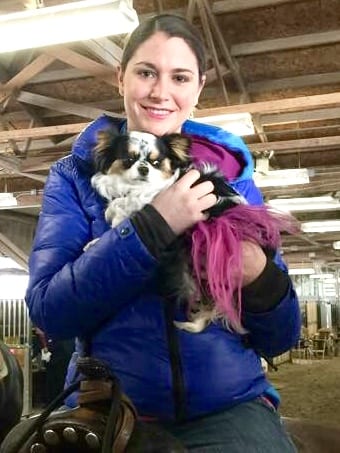 Mandi Gately – So my big thing is texting or calling before/after hours, and, especially on days off. We need mental breaks from our job as well, but it’s hard to get away when your phone never stops. We already go home and have to work on the paperwork at the end of the job after we spent all day doing the physical part of the job. By the end of the day, you’re physically and mentally exhausted.
Mandi Gately – So my big thing is texting or calling before/after hours, and, especially on days off. We need mental breaks from our job as well, but it’s hard to get away when your phone never stops. We already go home and have to work on the paperwork at the end of the job after we spent all day doing the physical part of the job. By the end of the day, you’re physically and mentally exhausted.
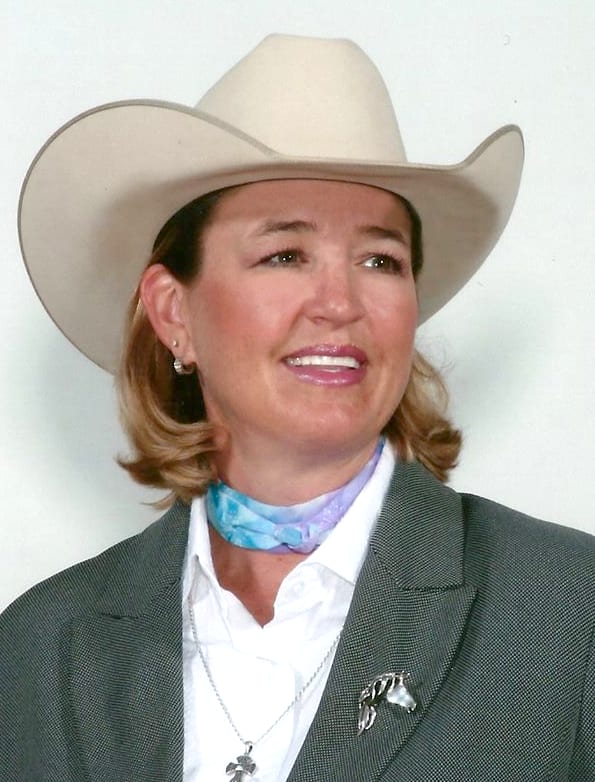 Leanne Williams – One of the hardest things I deal with as a trainer is multiple clients with multiple needs. Some clients need more time and instruction than others and some horses need more time than others. Because I do not have an assistant trainer, this all falls on me.
Leanne Williams – One of the hardest things I deal with as a trainer is multiple clients with multiple needs. Some clients need more time and instruction than others and some horses need more time than others. Because I do not have an assistant trainer, this all falls on me.
It’s always good when clients trust the trainer’s judgment and know that the trainer has their best interest in mind. I always remind each rider that their success is my success and I want them to do well. Being patient and waiting their turn is very important. It’s good to have a board of some sorts that has times and lesson schedules. That way, each person knows they will get their turn and when.
It’s also important to trust your trainer when they tell you to pull out of a class or that you or your horse are not ready. A good client should be transparent with the trainer and communicate concerns when they come up. Don’t wait until there are tension and a blow-up. Tell your trainer how appreciative you are of their efforts. Keep your attitudes as confident as you can and keep gossip to a minimum. These things can change the feeling of the barn.
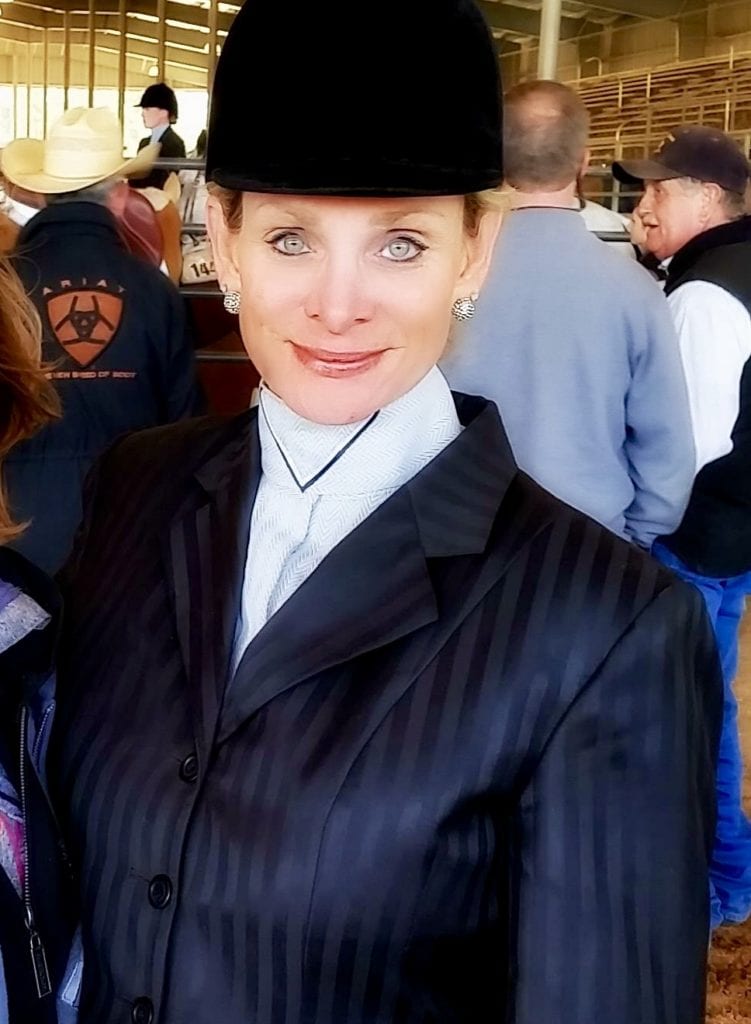 Angie Proctor-Reichert – I have an excellent pool of clients. Many things make them enjoyable. Personally, to me, gratitude is the most basic etiquette of kindness. Horse shows require a ridiculous amount of time to prepare. Once you are there, a trainer may only sleep from midnight till 2 am, get up to ride, then go back to sleep from 4-6 am (while clients get a full night, uninterrupted sleep). After several nights of running on four hours of sleep, being appreciated is essential. A small token might be taking a coffee, water or tea, etc. to the trainer who is always on the go. Or, offering to feed, hay and water the horses so the trainer can get another hour of sleep.
Angie Proctor-Reichert – I have an excellent pool of clients. Many things make them enjoyable. Personally, to me, gratitude is the most basic etiquette of kindness. Horse shows require a ridiculous amount of time to prepare. Once you are there, a trainer may only sleep from midnight till 2 am, get up to ride, then go back to sleep from 4-6 am (while clients get a full night, uninterrupted sleep). After several nights of running on four hours of sleep, being appreciated is essential. A small token might be taking a coffee, water or tea, etc. to the trainer who is always on the go. Or, offering to feed, hay and water the horses so the trainer can get another hour of sleep.
When showing all-around, time is at a premium and having quick food close by is essential for blood sugar, and keeps the mind clear for the memory of patterns, etc. A nice gesture has clients plan/contribute to meals or snacks that are in the stall area and easy to grab on the go, so riders/trainers don’t get crabby after long days.
Each client is good at something and putting that talent to use, even if it’s a small gesture, is appreciated. For example, a client who can help another client with makeup or hair buns or tie in tails. These items seem small but are huge when it comes to helping out the trainer and is just another gesture of kindness/etiquette that goes a long way to show compassion to others and help the show prep run smoothly for all.
We can’t forget Sportsmanship. No one will win all the time. If this is the day you did not win, but you learned then keeping a positive attitude and continuing to encourage the other riders is very important. Money wins are typically split in half with the trainer, but more times than not, we don’t show for money so, last but not least, even small money tips for the trainer are much appreciated. There is a good book out on horse show etiquette that every person should read titled, The Horse Show Mom’s Survival Guide For Every Discipline.
Are you a trainer and have tips on how to be a better client? Let us know.


